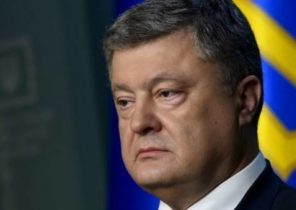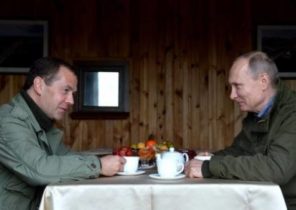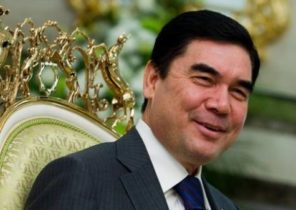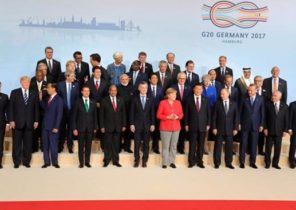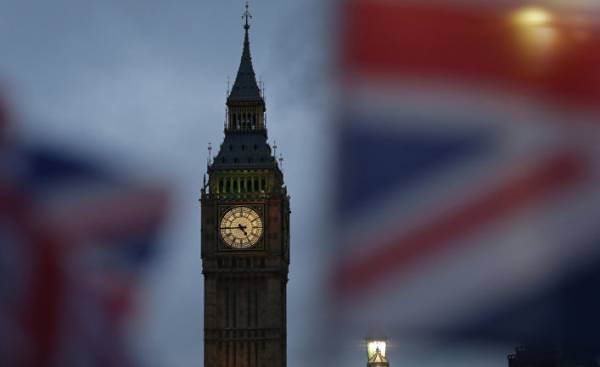
After the cold war, the Ministry of foreign Affairs has lost its competence in matters related to Russia, whereby Britain was not ready to deal with the Kremlin in a moment of crisis, the MPs warn.
The Committee on international relations of the house of Commons urged the foreign Ministry to restore skills degraded after the collapse of the Soviet Union, when Russia ceased to be a priority.
Committee Chairman Crispin blunt (Crispin Blunt) said that the Ministry of foreign Affairs “is now 20 times less specialists in Russia than during the cold war — and it must be corrected.”
Russia expert from the University of Birmingham Derek Over (Derek Averre) informed the Committee that the Group of Oriental studies Ministry of foreign Affairs post-Soviet space excluding the Baltic States in the foreign Ministry are engaged in “five or six analysts.” “I think it’s very unfortunate”, he stressed.
According to Dr. Averra, “severely understaffed” the Ministry of defence of team of two dozen analysts, 25 years ago, specializing in Russian defense capabilities, there are only one person.
Trained in 2015, the report also warned of a “frightening lack” of language skills in the Ministry of foreign Affairs. In the first place it belonged to Russian and Arabic languages. Only 27% of departmental jobs requiring the knowledge of Russian, the busy people who own them at the appropriate level.
Valentina Feklyunina, University of Newcastle said that the loss of institutional competence after the collapse of the Soviet Union was a “serious mistake.” In her view, Russia is “a very long time will remain an important destination and therefore competence training is extremely important”.
A skilled workforce is essential, as British politicians “tend wrongly to assume” that Russia will react like a Western country, said to the Committee Andrew Monaghan (Andrew Monaghan), a Russia expert from the Royal Institute for international relations.
Deputy Director of the Royal United services Institute for defence studies Jonathan Eyal (Jonathan Eyal) considers the conclusions of the Committee “tough but correct”. “We are faced with the atrophy of knowledge, the loss of collective memory,” he said.
According to him, when the threat of the cold war receded into the past, Mead was no longer interested in Russia. “No less than a decade it was obvious that relations between Russia and the West that something is not right, but in this regard nothing was done”.
According to Dr. Eyal, the loss of Whitehall’s competence in matters related to Russia, clearly demonstrated Britain’s response to the invasion of Ukraine and annexation of Crimea.
“Few people have understood us, as much historically Crimea means for Russia and how he is important to her from an emotional point of view, he says. We did not understand how serious — and went too far”.
Dr Eyal believes that the restoration of competent personnel the government will need “at least a decade.”
The Ministry of foreign Affairs claims that since 2010 it has increased the number of employees who know the Russian language, 30% and extended the minimum term of language learning from 11 months to 14.

